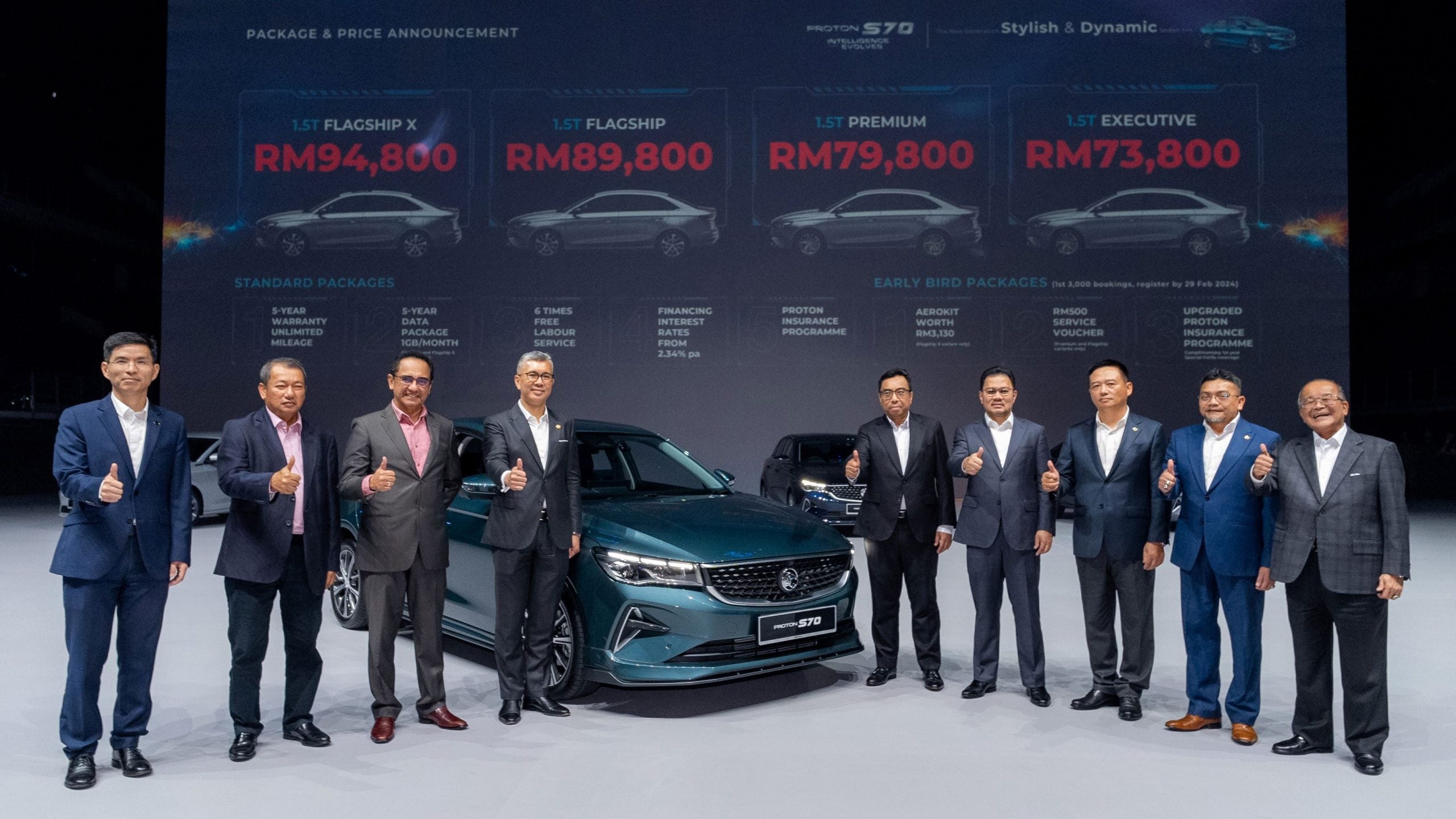
Malaysian new vehicle sales finished last year on a positive note with volume up 2% to 78,398 units in December from strong year earlier sales of 76,657 units, according to the Malaysian Automotive Association (MAA).
The local vehicle market continued to grow strongly in the second half of 2023 despite the end of government incentives earlier this year and the cumulative effects of the central bank’s interest rate hikes over the last 18 months from 1.75% to 3%.

Discover B2B Marketing That Performs
Combine business intelligence and editorial excellence to reach engaged professionals across 36 leading media platforms.
The economy was projected to have grown by 4% in 2023 after rebounding by almost 9% in 2022 following the previous year’s Covid lockdowns. Growth last year continued to be driven by strong domestic consumption, helped by a rebound in international tourism, which offset sluggish exports and investment.
Over the full year new vehicle sales in Malaysia increased by 11% to a record 799,731 units from 721,177 units in 2022, as the market continued to rebound from the pandemic lows and from the recent supply chain disruptions. Passenger vehicle sales rose by 12% to 719,160 units while commercial vehicle sales were up by just over 2% at 80,571 units.
Sales of electric and hybrid vehicles combined increased by 69% to 38,214 units last year, including a fourfold increase in battery electric vehicle (BEV) sales to 10,159 units helped by tax incentives for domestic models and imports.
The data did not include sales by companies not affiliated with the association, including Tesla which began delivering vehicles in the country in November.
Following strong growth to new record highs in the last two years, the MAA forecast total vehicle sales to fall 7% to 740,000 units in 2024. It expected sales of hybrid and electric vehicles to continue to grow, however, to 74,000 units to account for around 10% of the total vehicle market with BEV sales increasing to 14,800 units.
At the end of last year the government set a target for national brands Proton and Perodua to introduce locally-assembled BEVs by 2025. Deputy minister of International Trade and Industry (MITI) Liew Chin Tong said imported BEVs were currently exempt from import and excise duties to help drive up sales but with a minimum retail price of MYR100,000 (US$21,400) to encourage local production of cheaper models.
Perodua sales last year increased by 17% to 330,325 units, driven by strong demand for the Bezza, Axia and Myvi models. It was unclear how Daihatsu’s recent suspension of deliveries in Japan would affect Perodua this year.
Proton global sales rose 9% to 154,611 units last year, including 3,500 exports, with the Saga by far its best-selling model with 70,184 deliveries, followed by the Geely-based X50 compact SUV with 31,829 units and the Persona sub-compact sedan with 24,362 units. Last year Proton said it planned to launch “at least” one locally-made hybrid or electric vehicle model per year in the next few years. Last month the company launched the Geely-based S70 C-segment sedan, with deliveries scheduled to start in early 2024.
UMW Toyota reported a 7% sales increase to 108,107 units last year, lifted by the introduction of the Vios compact sedan last March and the Innova Zenith in June which is available with a hybrid powertrain. Toyota officially launched the updated Yaris in September and the Alphard minibus a month later, to be soon followed by the BZ4X battery-powered compact SUV.
Honda sold 80,027 passenger vehicles last year, followed by Mitsubishi with 21,719 units.






